Estrogen is a vital hormone that supports the development and regulation of the female reproductive system, helps maintain healthy skin, bones, mood, and even plays a role in heart health. While it is naturally produced in the body, especially in the ovaries, estrogen-like compounds called phytoestrogens are also found in certain plant-based foods, including a variety of fruits. These natural compounds can gently mimic estrogen’s effects and may help support hormonal balance, particularly during menopause or times of hormonal fluctuation. Below is a list of fruits that contain phytoestrogens and may offer mild, natural support for estrogen levels.
- Apricots
- Peaches
- Plums
- Dates
- Figs
- Prunes
- Cherries
- Pomegranates
- Grapes
- Oranges
- Strawberries
- Raspberries
- Blueberries
- Cranberries
- Blackberries
- Mulberries
- Pistachios
- Almonds
- Papaya
- Apples
- Tomatoes
- Watermelon
- Olives
- Walnuts
- Cashews
- Hazelnuts
1. Apricots
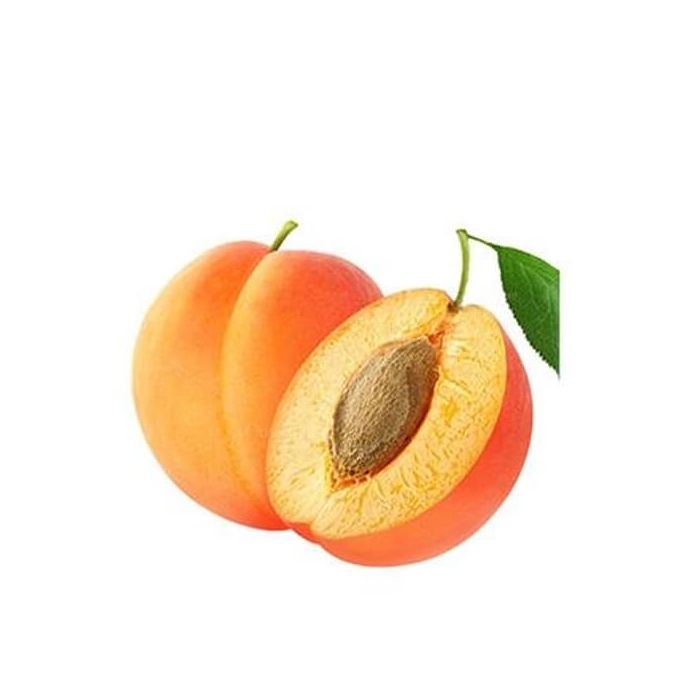
Apricots, both fresh and dried, are rich in lignans, a type of phytoestrogen known for its hormone-balancing effects. Dried apricots, in particular, have a concentrated source of these compounds, along with antioxidants, fiber, and vitamin C. They help support heart health, boost immunity, and may gently aid in managing symptoms of estrogen deficiency, especially during menopause.
2. Peaches
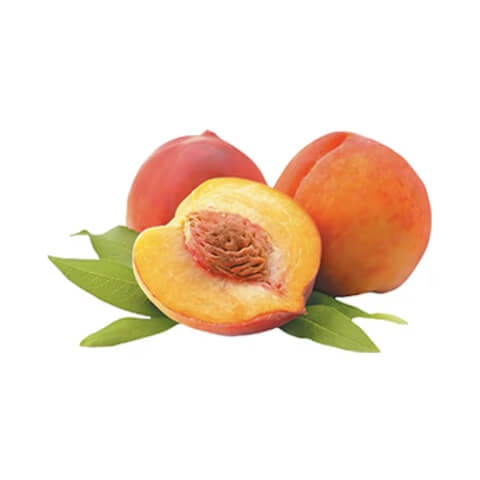
Peaches are known to contain phytoestrogens, particularly lignans and coumestans, and have been studied for their potential to inhibit the growth of certain types of breast cancer cells. They also offer vitamin A, C, potassium, and dietary fiber, contributing to skin health, digestion, and overall wellness. Peaches can be enjoyed fresh, dried, or cooked into desserts and jams.
3. Plums
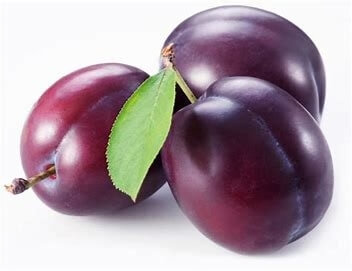
Plums are another stone fruit containing moderate amounts of phytoestrogens, mainly in the form of lignans. They support bone health, provide dietary fiber, and offer antioxidant compounds that protect cells from oxidative damage. Their dried form (prunes) has a stronger concentration of phytoestrogens and nutrients.
4. Dates
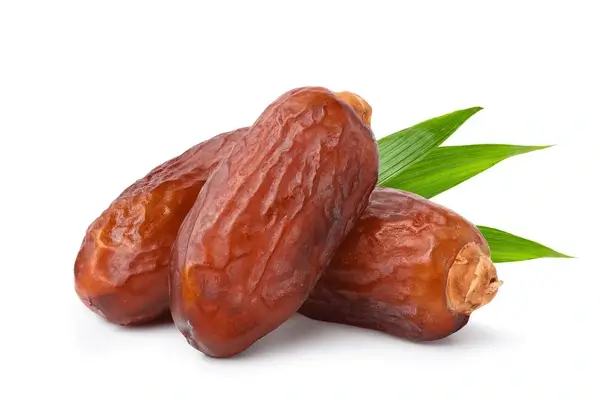
Dates are not only naturally sweet and energy-dense but also high in lignans, a class of plant estrogens. As a dried fruit, dates offer a concentrated dose of antioxidants, fiber, potassium, and iron. Their phytoestrogen content makes them a gentle hormone supporter, and they are commonly used in snacks, energy bars, and traditional remedies.
5. Figs
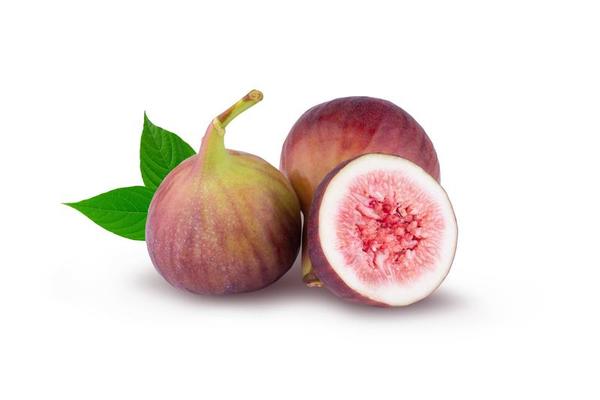
Figs, especially when dried, contain both lignans and coumestans, giving them notable estrogenic properties. They are high in fiber, natural sugars, and antioxidants, and they support digestive and cardiovascular health. Figs are also thought to support fertility and hormonal balance in traditional medicine.
6. Prunes
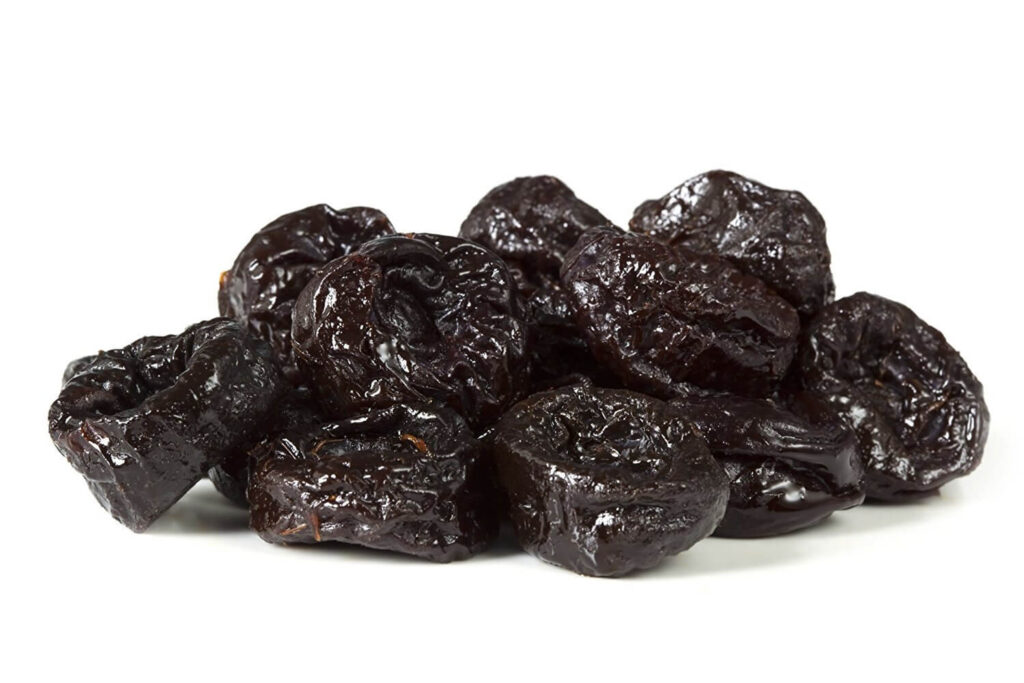
Prunes (dried plums) are one of the richest fruits in lignans and are especially known for supporting bone density and digestion. Their high fiber and antioxidant content complements their mild estrogenic effects, making them a popular recommendation for postmenopausal women and those looking to support hormonal health naturally.
7. Cherries
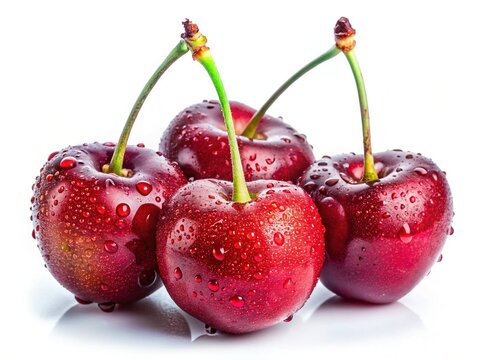
Cherries contain small amounts of phytoestrogens, including resveratrol, a compound linked to anti-aging and anti-inflammatory benefits. While their estrogenic content is lower than dried fruits, they are still beneficial for hormone support, especially when consumed regularly. Cherries also provide melatonin, which supports sleep regulation.
8. Pomegranates
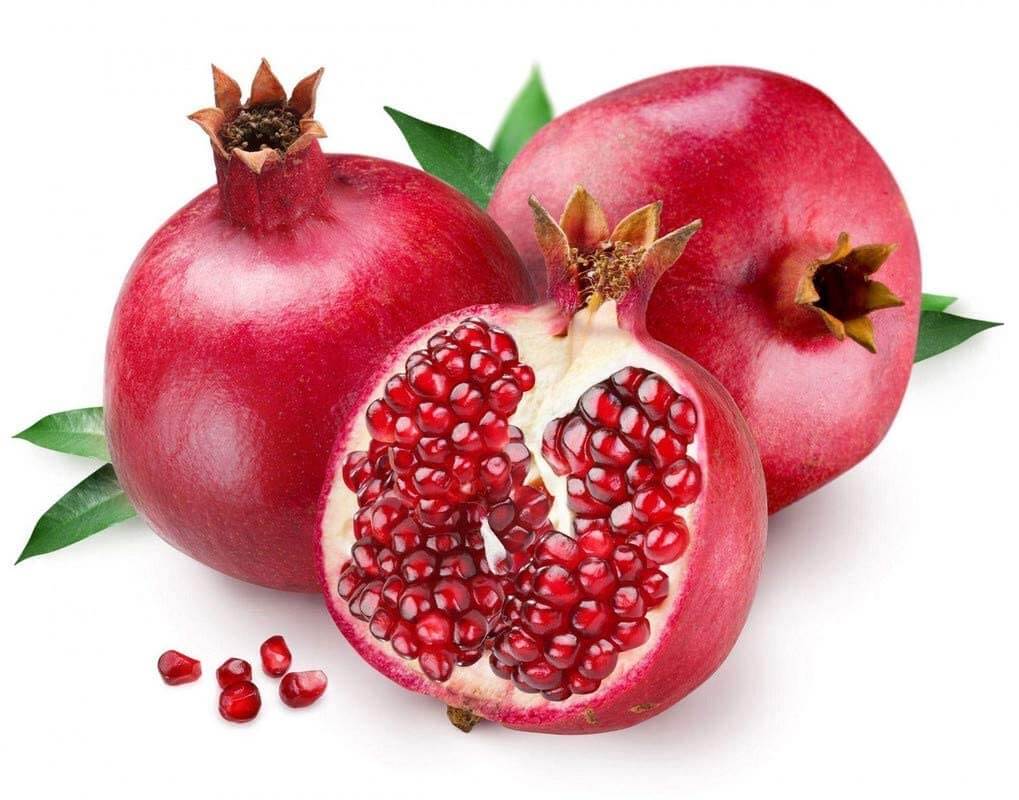
Pomegranates are rich in plant estrogens and antioxidants, especially ellagitannins, which convert into compounds that may act like estrogen in the body. They are studied for their role in reducing the risk of hormone-related cancers and cardiovascular diseases. Pomegranate juice is especially popular for its potential in hormone balancing and skin health.
9. Grapes
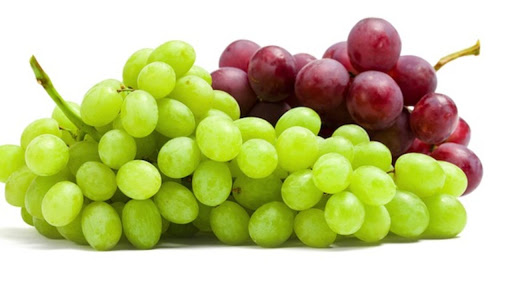
Grapes, especially red and purple varieties, are high in resveratrol, a type of stilbene phytoestrogen. Resveratrol may help regulate estrogen activity and is also known for supporting heart health, brain function, and inflammation reduction. The skin of grapes contains the highest concentration of this compound, so whole grapes are more beneficial than juice alone.
10. Oranges
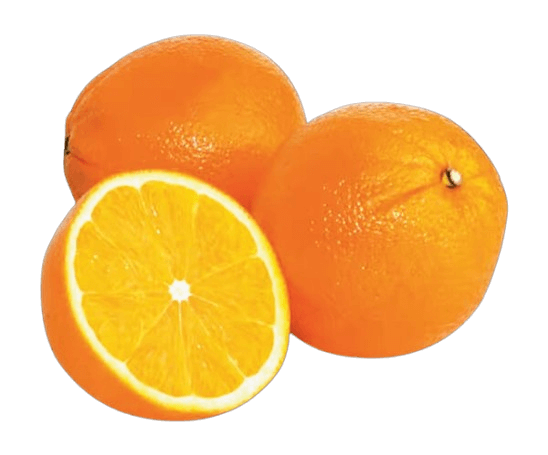
Oranges contain small amounts of phytoestrogens, along with high levels of vitamin C, flavonoids, and antioxidants. While not as potent in phytoestrogens as some other fruits, their overall nutritional profile helps support hormonal health, immunity, and skin repair. Their fiber content also aids in managing estrogen metabolism in the body.
11. Strawberries
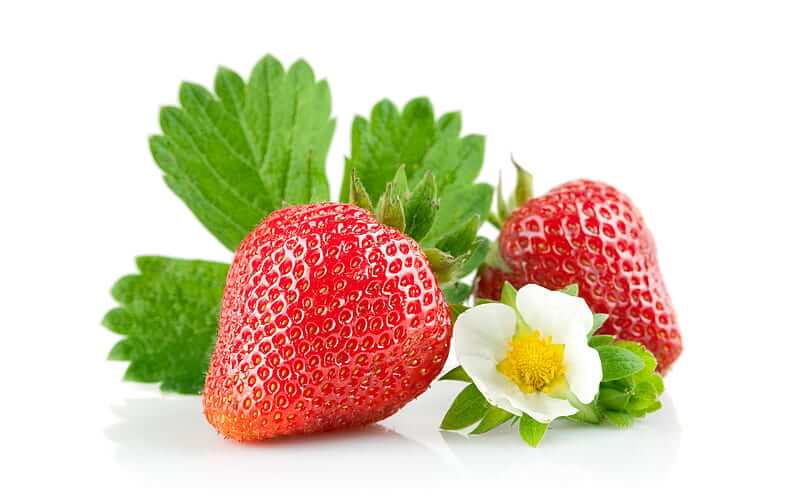
Strawberries contain resveratrol, a stilbene-type phytoestrogen with anti-inflammatory and hormone-regulating properties. While not the most concentrated source, their combination of antioxidants, vitamin C, and fiber makes them a valuable fruit for supporting overall hormonal health.
12. Raspberries
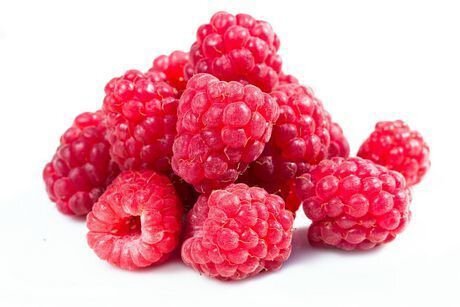
Raspberries are rich in lignans and resveratrol, offering mild estrogenic effects. They also provide ellagic acid, a powerful antioxidant linked to cancer prevention. High in fiber and low in calories, they support digestion, heart health, and hormone balance.
13. Blueberries
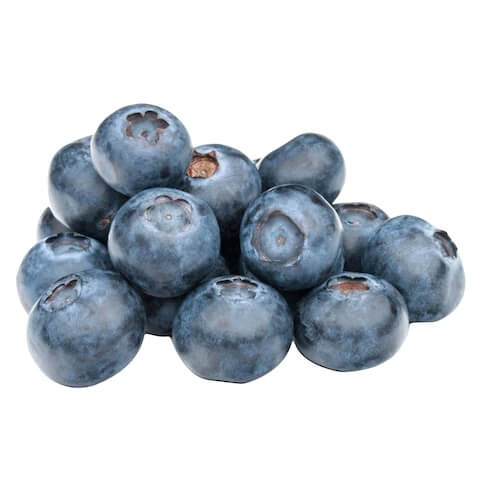
Blueberries contain small but meaningful amounts of phytoestrogens, mainly in the form of flavonoids and resveratrol. They are packed with antioxidants that support brain health, reduce oxidative stress, and may help modulate estrogen-related pathways in the body.
14. Cranberries
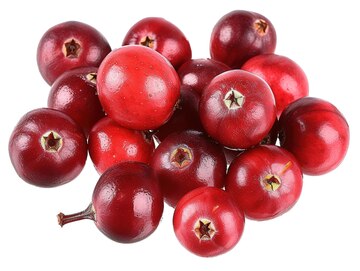
Cranberries are rich in polyphenols and contain trace amounts of phytoestrogens, including flavonoids that may exert weak estrogen-like effects. Their anti-inflammatory and antibacterial properties are particularly useful for urinary tract health, making them a supportive food for women’s health.
15. Blackberries
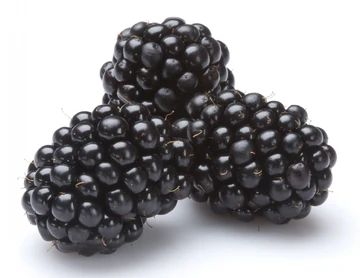
Blackberries are high in resveratrol and lignans, making them one of the more estrogenic berries. They are also packed with antioxidants and fiber, which can help regulate estrogen metabolism and support cardiovascular and digestive health.
16. Mulberries
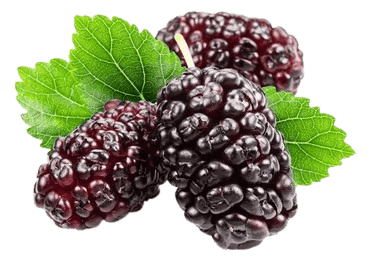
Mulberries contain moderate amounts of plant estrogens, including flavonoids and resveratrol. They are rich in iron and vitamin C, which help boost energy, immune function, and hormonal stability, especially in women during menstruation or menopause.
17. Pistachios
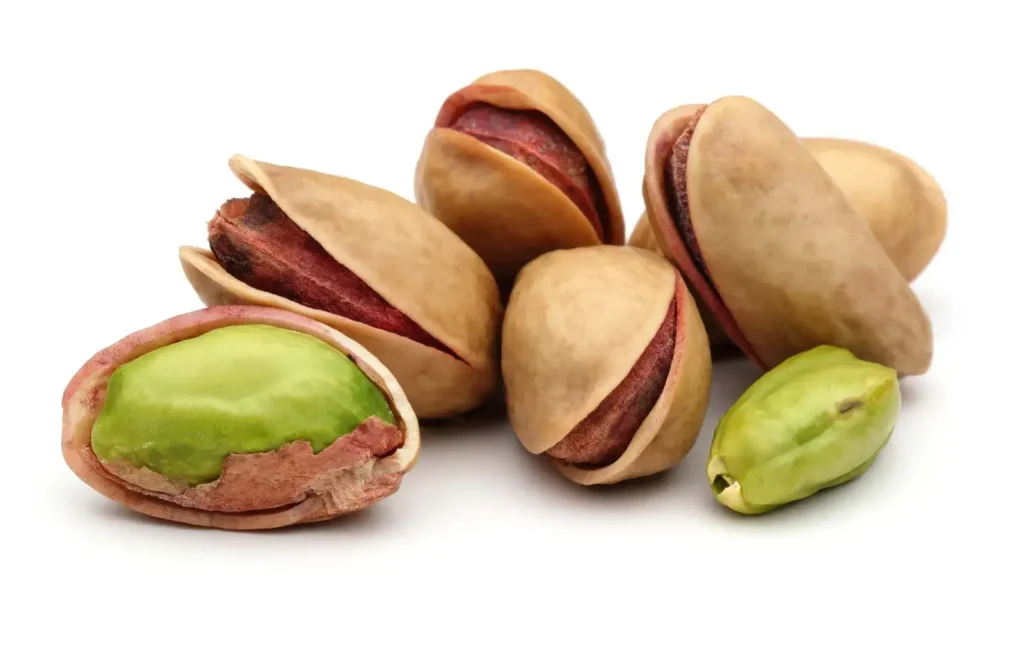
Pistachios are one of the richest nut sources of phytoestrogens, particularly resveratrol and lignans. With heart-healthy fats, protein, and fiber, they may help support hormone balance, reduce bad cholesterol, and offer anti-aging benefits. A small handful daily is both nutritious and hormonally supportive.
18. Almonds
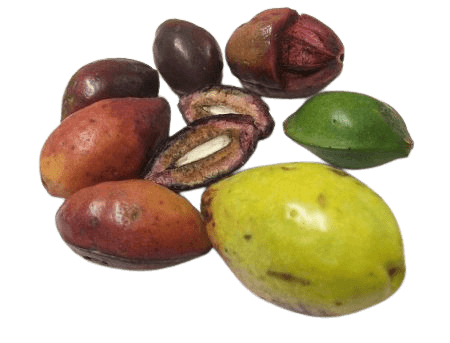
Almonds contain lignans, giving them mild estrogenic activity. They also provide vitamin E, magnesium, and healthy fats, which are important for skin health, mood regulation, and managing hormone fluctuations. They’re a popular option for hormone-friendly snacking.
19. Papaya

Papaya contains plant-based estrogens and is traditionally used in some cultures to help regulate menstrual cycles. It’s rich in beta-carotene, vitamin C, and digestive enzymes, which support reproductive health, reduce inflammation, and ease hormonal symptoms like bloating.
20. Apples
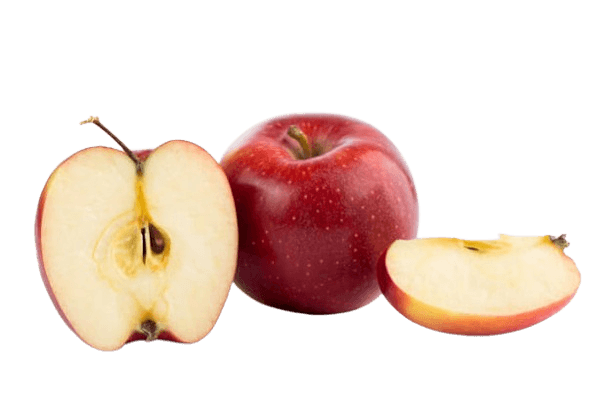
Apples are a natural source of lignans, which can act as weak estrogens in the body. Their high fiber content also helps eliminate excess estrogen, supporting balance. Regular consumption of apples may aid in preventing hormone-related conditions like breast cancer and fibroids.
21. Tomatoes
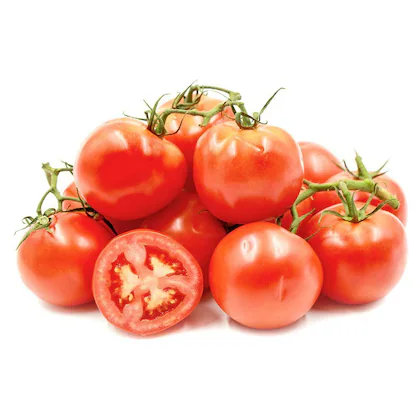
Tomatoes contain flavonoids and carotenoids with mild estrogen-like properties. While not a top source of phytoestrogens, their lycopene content helps reduce oxidative stress and inflammation, indirectly supporting hormonal health, especially in aging individuals.
22. Watermelon
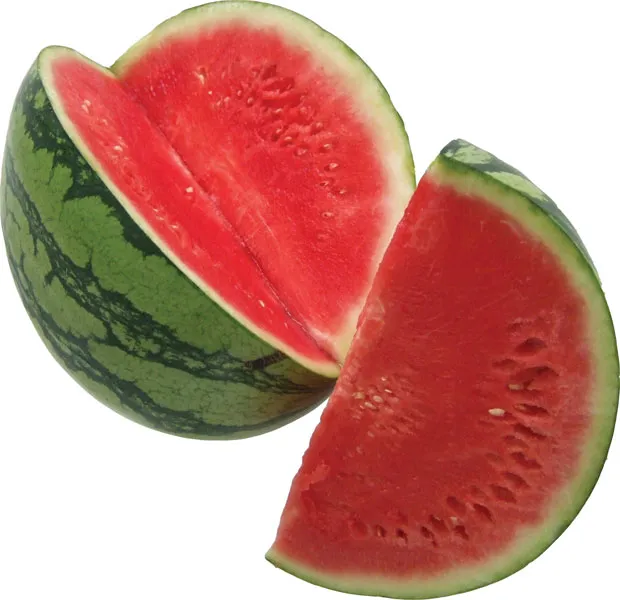
Watermelon has very low phytoestrogen content, but it does contain plant-based antioxidants that may offer indirect hormonal support. Its high water content, lycopene, and vitamin C contribute to skin hydration, circulation, and detoxification—all useful for hormonal balance.
23. Olives
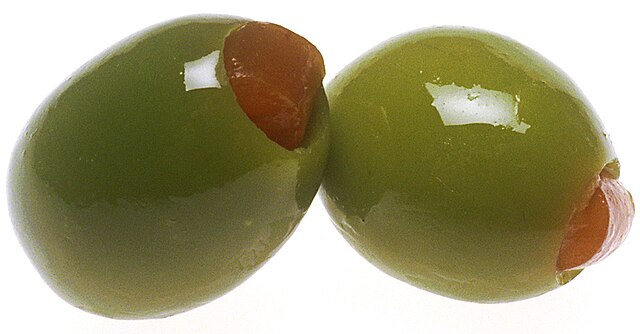
Olives and olive oil contain plant sterols and lignans that offer mild estrogen-like activity. Olive oil is known for its anti-inflammatory and heart-protective properties, which benefit overall hormonal function, especially when used as part of a Mediterranean-style diet.
24. Walnuts

Walnuts are a valuable source of lignans and polyphenols, offering modest estrogenic effects. They’re also high in omega-3 fatty acids, which help reduce inflammation and support brain and reproductive health. Walnuts may help ease PMS symptoms and support menopausal wellness.
25. Cashews
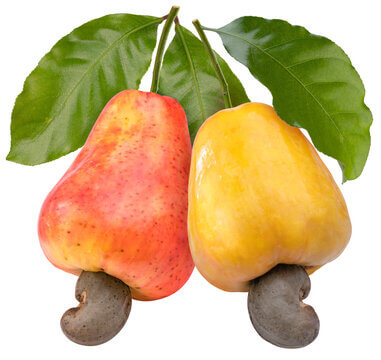
Cashews contain phytoestrogens, particularly lignans, along with magnesium and zinc—two minerals essential for hormone production and regulation. They also support nerve function and immunity, making them a well-rounded food for hormonal health.
26. Hazelnuts
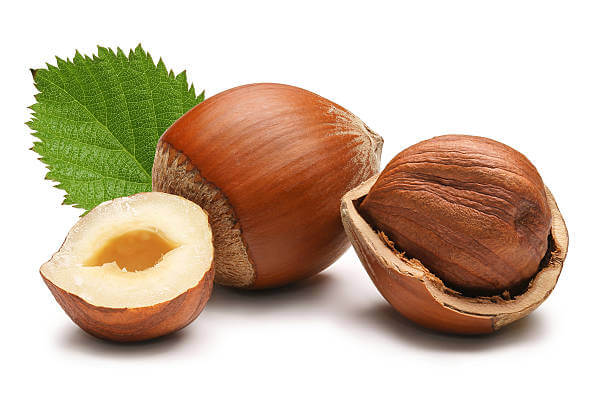
Hazelnuts provide small amounts of plant estrogens, mainly lignans, along with healthy fats, vitamin E, and folate. These nutrients contribute to hormone balance, skin vitality, and fertility, especially when consumed regularly in moderation.
Including fruits and nuts that contain phytoestrogens in your diet may offer gentle support for hormonal balance and overall health, thanks to their natural compounds, fiber, and antioxidants. However, while these foods are nutritious, the scientific evidence on the strength and safety of their estrogen-like effects remains limited. Everyone’s body responds differently, so it’s important to talk to a healthcare professional before making major dietary changes or relying on these fruits to manage hormone-related conditions.
References
https://www.healthline.com/nutrition/foods-with-estrogen
https://www.webmd.com/diet/foods-high-in-estrogen
www.sciencedirect.com/science/article/pii/S0955286309001399.
pubmed.ncbi.nlm.nih.gov/22197621/.
https://www.tuasaude.com/en/foods-high-in-estrogen
https://www.medicinenet.com/what_foods_are_high_in_estrogen/article.htm
https://www.verywellhealth.com/foods-with-estrogen-to-eat-or-avoid-6831143
